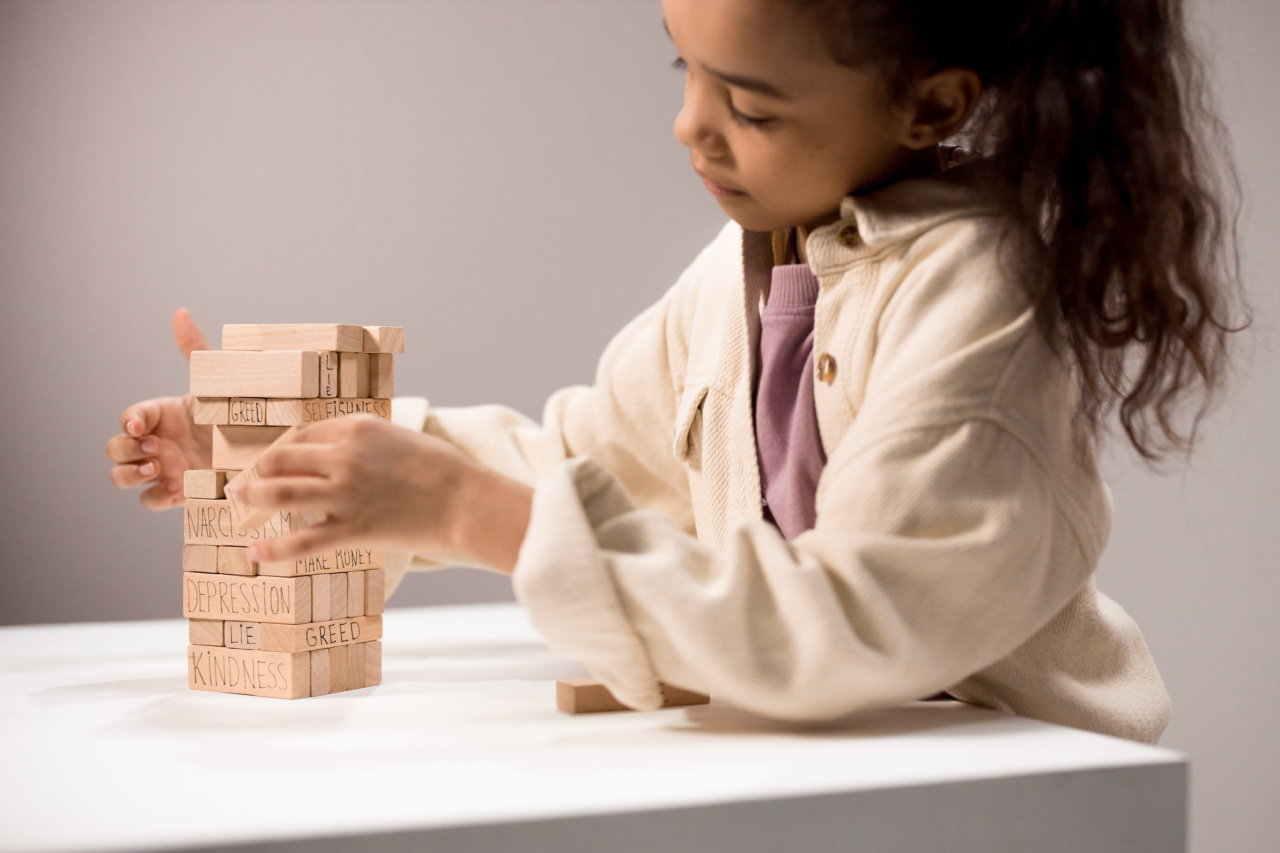As parents, we strive to raise honest and trustworthy children. We teach them the importance of telling the truth and encourage them to be open and transparent. However, there are certain situations where lying to our kids can actually be beneficial.
While honesty is vital in most cases, sometimes telling a little white lie can protect their innocence, preserve their emotional well-being, or even ensure their safety. In this article, we will explore why sometimes it’s better to lie to our kids.
The Magic of Childhood
Childhood is a magical time of innocence and wonder. Believing in fairy tales, imaginary friends, and superheroes is a crucial part of their development.
By lying to our kids about the existence of fictional characters like Santa Claus or the Easter Bunny, we allow them to experience the magic that comes along with these traditions. These innocent lies help create lasting memories and contribute to their overall happiness.
Preserving Emotional Well-being
Children have vibrant imaginations and often let their fears get the best of them. From monsters under the bed to the fear of the dark, their minds can conjure up all sorts of worries.
In such cases, it can be helpful to lie to them as a means of soothing their anxieties. For example, telling them that the monster spray you’ve just sprayed will keep the monsters away can provide them with a sense of security and help them sleep better at night.
Protecting Their Innocence
As children grow older, they become more aware of the harsh realities of the world. However, exposing them to certain truths prematurely can be overwhelming and rob them of their innocence.
Shielding them from disturbing or complex information can be done by twisting the truth or omitting certain details. For instance, when a beloved family pet passes away, it may be better to tell them that the pet has gone to a farm instead of divulging the truth about death.
Fostering Imagination and Creativity
Children have incredible imaginations, and it’s important to encourage and nurture their creativity. Sometimes, lying can help spark their imagination and engage them in playful scenarios.
For example, telling them that there are fairies at the bottom of the garden or that their stuffed animals come to life when they’re not around can ignite their creativity and foster a sense of wonder and curiosity.
Ensuring Safety
When it comes to protecting our children’s safety, lying can sometimes be necessary. In certain situations, divulging the truth can put them at risk.
For instance, if a stranger approaches them and asks if they are alone, teaching our children to lie and say they’re with someone they trust can help them avoid potential danger. Lying in such situations is a way to empower our children and keep them safe.
Building Trust through Honesty
While there are cases where lying can be beneficial, it’s important to emphasize that honesty is the foundation of trust in any relationship.
Teaching our children the importance of honesty and ethical behavior is crucial for their moral development. Lying should not become a regular practice, but rather a carefully utilized tool when certain circumstances warrant it.
When Honesty Should Prevail
While lying can sometimes be better for our children, there are instances where honesty should prevail.
Matters of health and safety, such as discussing the importance of vaccinations or the dangers of drug use, should always be approached with utmost honesty. In these situations, being truthful helps educate our children on essential topics and enables them to make informed decisions.
Knowing the Limits
It’s important to know the limits of lying to our kids. Being caught in a web of lies or using deception as a means of control can damage the parent-child relationship and hinder their emotional development.
Children are incredibly perceptive and may eventually discover the truth, which can lead to feelings of betrayal and mistrust. Therefore, lying should be used sparingly and only in circumstances where it serves their best interests.
Open Communication and Trust
While lying to our kids on occasion might have its benefits, fostering open communication and trust should be our ultimate goal.
Creating a safe space for our children to share their thoughts, feelings, and fears is essential for their emotional well-being and the development of a strong parent-child bond. By encouraging honest conversations and leading by example, we equip our children with the skills necessary to navigate the complexities of life.
The Balancing Act
Parenting is a constant balancing act, and knowing when to lie and when to tell the truth is not always easy. However, understanding the potential benefits and drawbacks of lying to our kids can help us navigate these challenging decisions.
By considering the impact on their emotional well-being, innocence, safety, imagination, and the overall parent-child relationship, we can make informed choices that are in their best interest.
Conclusion
In most situations, honesty is indeed the best approach with our children.
However, there are circumstances where a little white lie can go a long way in preserving their innocence, protecting their emotional well-being, fostering their imagination, and ensuring their safety. As parents, it’s essential to strike a balance between honesty and selective honesty, always prioritizing the well-being and best interests of our children.






























